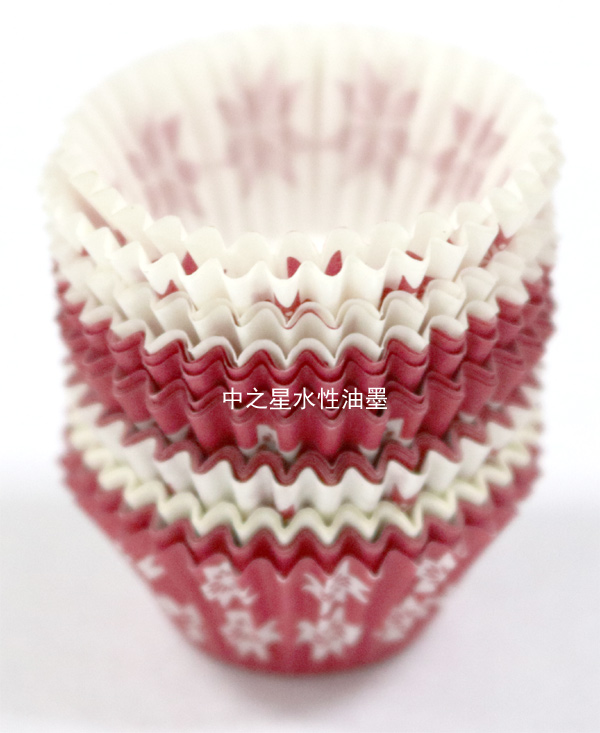Study of water-soluble ink based on acrylic resins
Date: Aug 22 2023 From: Star Color Views:
The study of water-soluble ink based on acrylic resins involves researching and developing inks that are easily soluble in water and are made primarily from acrylic resins. Acrylic resins are a type of synthetic polymer derived from acrylic acid or its derivatives, and they are commonly used in various applications due to their versatility, durability, and ability to dissolve in water.
The study of water-soluble ink based on acrylic resins typically involves several key aspects:
1.Material Characterization: Analyzing the properties of different acrylic resins to understand their solubility, viscosity, adhesion, and color characteristics. This step involves selecting appropriate acrylic resins that can provide the desired ink properties.
2.Formulation Development: Experimenting with various formulations of water-soluble inks by combining acrylic resins with other ingredients such as pigments, dyes, surfactants, and additives. The goal is to create a stable ink with good color vibrancy and flow characteristics.
3.Ink Properties: Evaluating the physical, chemical, and performance properties of the water-soluble ink, including drying time, water resistance, lightfastness, and adhesion to different substrates (e.g., paper, cardboard, plastic).
4.Print Performance: Assessing the ink's printability on different printing processes like inkjet, screen printing, or flexography. This involves testing for clogging, bleed, dot gain, and print resolution.
5.Environmental Impact: Investigating the environmental aspects of the water-soluble ink, focusing on its biodegradability and toxicity levels.

6.Application and Use: Exploring potential applications and industries where the water-soluble ink based on acrylic resins can be utilized effectively. This could include graphic arts, packaging, labeling, and other printing applications.
7.Market Research: Understanding the market demand for water-soluble inks, identifying potential competitors, and analyzing the economic viability of the developed ink.
8.Regulatory Compliance: Ensuring that the water-soluble ink formulation complies with relevant safety and environmental regulations set by government authorities.
The study aims to create a water-soluble ink that offers a viable alternative to traditional solvent-based inks, reducing environmental impact and providing easier handling and cleanup. It also focuses on meeting the specific needs of different printing applications while maintaining the desired print quality and durability. As with any research, extensive testing, iteration, and validation are crucial to develop a successful water-soluble ink based on acrylic resins.
 RU
RU
 EN
EN
 CN
CN

